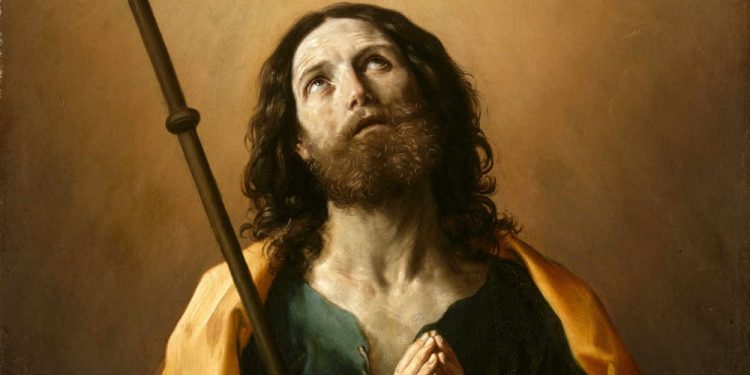
Feast Of Saint James The Apostle
The Feast of Saint James the Apostle is a holiday observed throughout Spain but is a public holiday in Galicia. This saint is the patron saint of both Spain and Galicia, but he is extremely important to the latter because it is believed that his remains are held at Santiago de Compostela Cathedral in Galicia.
Because of its special importance in this autonomous community, the holiday is observed with a large number of festivities. This includes not only special church services, which are common to celebrations in Spain as well, but also street shows, plays, outdoor dance events, and various types of street performances. This day is observed on July 25th every year.
The History Of The Feast Of Saint James The Apostle
Saint James was a brother of John the Apostle and a son of Zebedee. He lived at the same time as Jesus and, according to tradition, may have traveled to the area where Santiago de Compostela now stands.
According to tradition in Galicia, the Virgin Mary appeared to him on the bank of the Ebro River while he was busy spreading the gospel across Iberia. She told James to return to Jerusalem once the church had been established. He did so in 44 AD. On his way back, he visited Mary in Ephesus, and she predicted his death in Jerusalem. Not long after, he was taken prisoner.
In 44 CE, Saint James was beheaded in Judea. It is believed by some that his disciples carried his body to Padrón on the Galician coast. According to legend, they then buried his body on the spot where Santiago de Compostela Cathedral now stands.
Observing The Feast Of Saint James The Apostle
In most of Spain, this holiday is only an observance, so public life resumes as normal, and everything operates on its usual schedule. In Galicia, it is a public holiday that is a day off for the general population. It is also a day filled with religious services, street festivals, and almost too many other events to list here.








